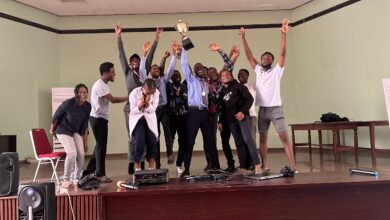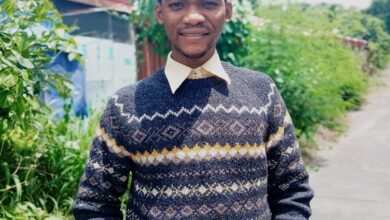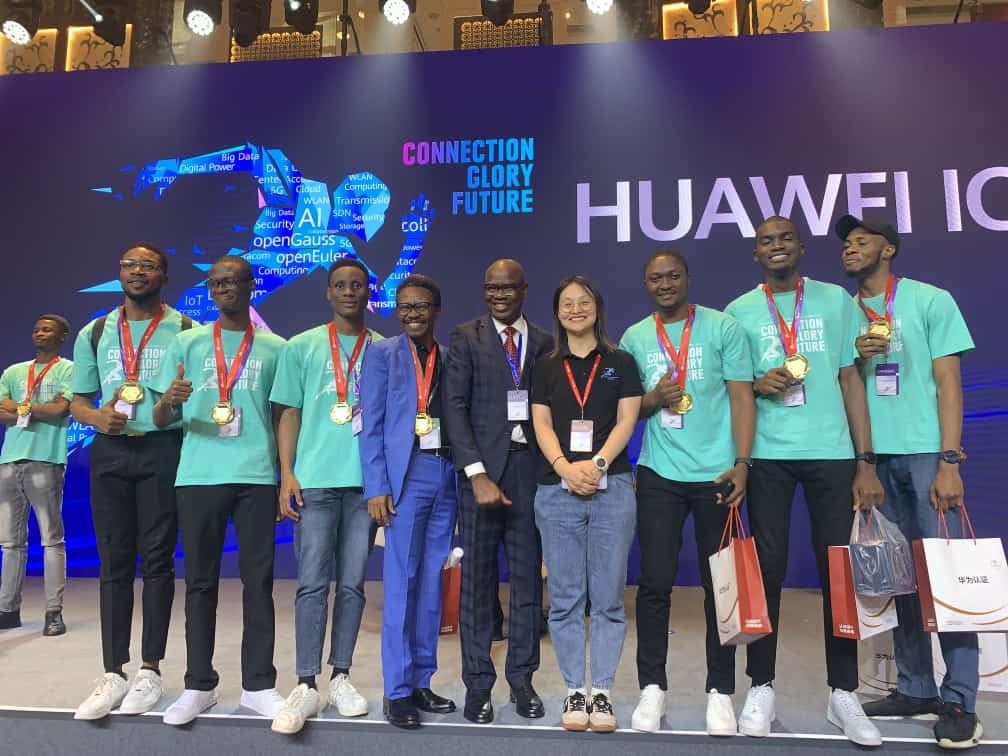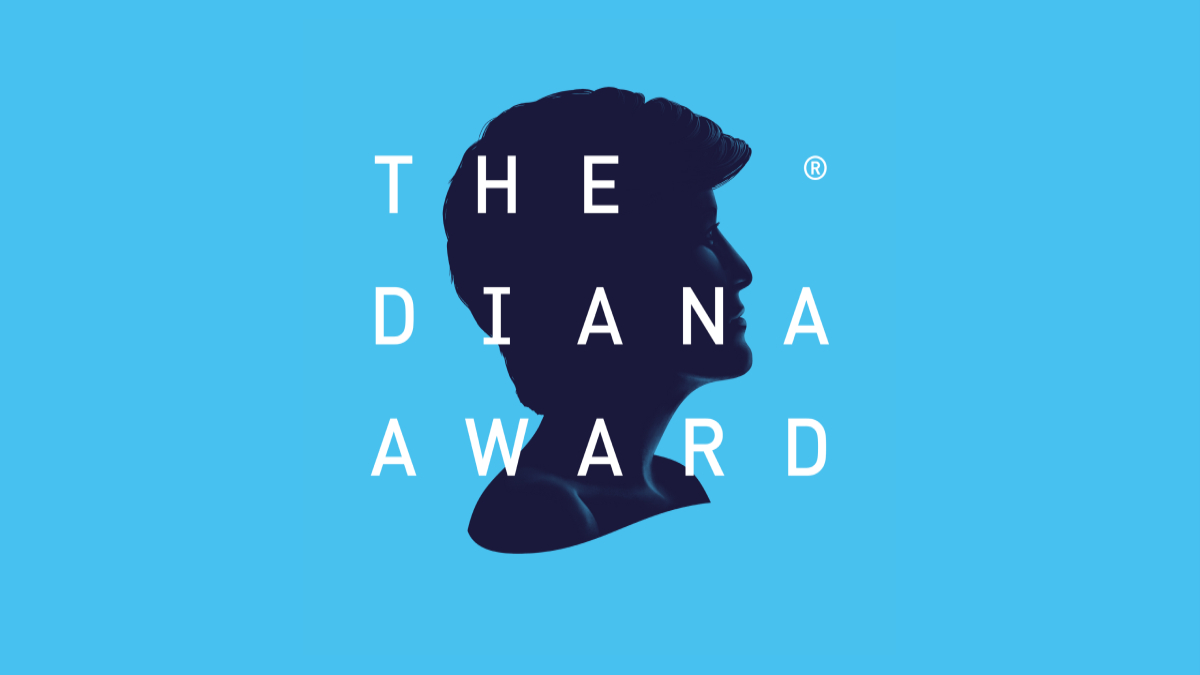VOX POP: 300-level UIMSAites Recount their MB1 Experiences
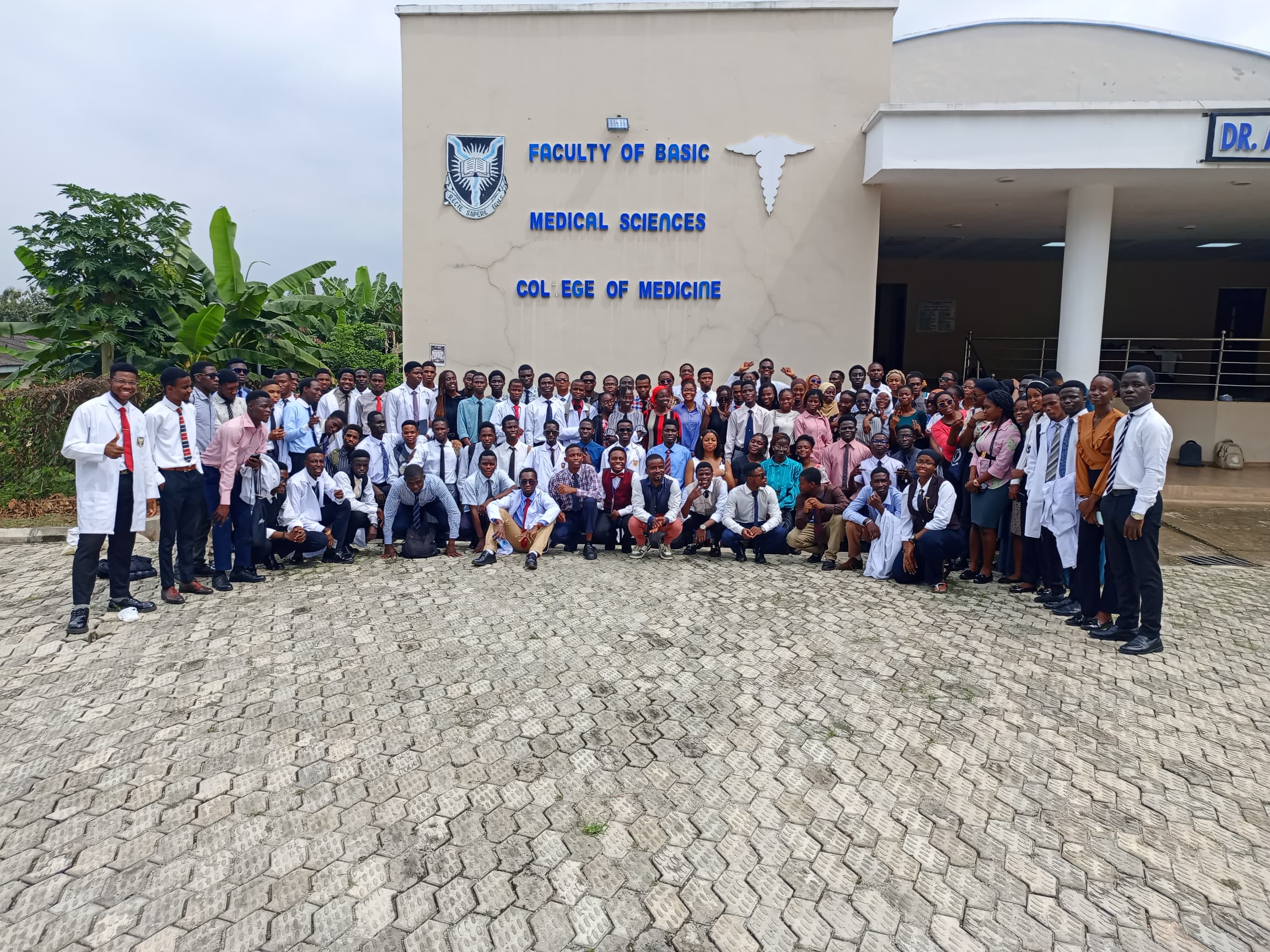
Sleep deprivation. Endless PDFs. A heap of textbooks. These are normal components of the MB exam season. For the 2K26 class, it was even more hectic as class members scampered to cover what was possible as the MB1 exams came, unusually, like a thief in the night.
Following the recent conclusion of the first professional MBBS examinations, we spoke with some members of the 2K26 class about their experience. The exam, which covers Anatomy, Physiology, and Biochemistry, is a notoriously difficult stepping stone to a life in the clinical aspect of medical school, hence very vital. We asked them to share the study methods that worked, the obstacles they overcame, and how the entire process has impacted their approach to medical education moving forward.
Q1: How did you prepare for the MB1 exam, and what resources did you find most helpful?
Favour: I mostly spent time with videos, PQs, slides, Gemini and brainstorming with people. For videos, Dr. Raghu was really a peak for me. Also, the Noted Anatomist.
Sharon: Omo…prepare keh? I started by seeking advice from seniors. I was told that I should make the most of the little time left. So I abandoned anything that would waste my time. Simply put, I focused on the highest yields. I read using past questions, I converted slides to questions using AI, I went for a lot of study discussions and tutorials and used teaching techniques to solidify my knowledge. I prayed a lot and sought God’s face too for direction because I was so clueless and overwhelmed at some point. For me, the most useful resources were my friends. They’d send their notes, revise with me via voice messages and phone calls. Random conversations would turn to percussing sessions and they really made late-minute learning less frustrating.
David: I basically crashread slides plus YouTube videos.
Haleemah: I read and kept reading. Preparing for MB, I dumped textbooks and focused on Review texts like BRS, Sameh Doss and all. Another thing that really helped were my notes. I always take comprehensive notes while reading, so I revised using my notes and I was fine, especially for Physiology, because all I did was read the notes I took while preparing for the CAs. I also solved pqs and watched YouTube videos a little. Also, friends, tutorial, study groups helped with consolidating knowledge. They reminded me of what I didn’t know, couldn’t remember and what I needed to know.
Emmanuel: I don’t really know how I prepared, I was just trying to consolidate the knowledge that was probably not there in the first place. Firstly, I settled it in my mind that covering was just a myth, as it was not possible again except I’d planned to fail. So, I started picking the topics I knew I had almost no idea of and started reading them specifically. I stopped this at some point and started doing all the past questions year by year, until it was exam day. In short, I was only doing everything that I think was “right” to do. Throughout this period, AI was my go to, especially DeepSeek, I just threw everything at it and prompted it to generate responses that I could easily digest within the shortest time possible (life of a crash reader, I’m repenting already).
Ebunoluwa: My MB1 preparation was past-question-based and heavily supported by my study groups. For topics I didn’t fully understand, I watched YouTube videos, especially Adel Bondok, Byte Size Med, and Dr Raghu, which helped me a lot.
Q2. What was the most challenging part of the MB1 exam for you, and how did you overcome it?
Favour: The most challenging part was remembering what I read and prepping for my PSM. I would say God really helped me and He sent people to teach me.
Sharon: The prep in the few days leading to the exam. I was emotionally, physically and mentally drained! For the mental aspect, one thing I didn’t do was to deceive myself or give in to the illusion that the MB wouldn’t hold or I couldn’t do it because of all the circumstances surrounding the exam (particularly the strike). I embraced reality (stay away from hopium keeds). I knew that if I listened to the ’what ifs’ the battle was already lost before it began. I did active countdowns so my spirit, soul and body would conform to reality. For the physical aspect, ọmọ nothing could be done oh. I was drained thoroughly and that was it. For the emotional aspect, I used the word of God to keep my emotions in check.
David: Anatomy. I had lots of deficits that I already intended to read up if there was enough time but as it turned out that there wasn’t enough time, I had to focus on PQs and study more on the part where I could get the most marks—steeplechase.
Haleemah: The most challenging part for me was how to keep going. I was tired of reading, the pressure and everything that came with the exam. Sometimes, I just stared at my notes or laptop for hours without reading. It was like spacing out. I did not overcome it.
Emmanuel: There’s this thing that happens when you have so much to do, within a short period of time, even if it’s a long period of time, it still happens. It’s the possibility of doing nothing because you feel like whatever you do wouldn’t change anything. Well, that was the greatest challenge I faced during the exam, especially in anatomy. But notwithstanding, I mostly just did something, no matter how small it was per day. Before you know it, you’re actually getting the work done. In short, it’s normal to be overwhelmed by the loads of things to read, but it’s abnormal to not do something because you have a lot to do.
Ebunoluwa: The most challenging part wasn’t the exam itself but falling sick during the period. I couldn’t study the way I planned, and it was overwhelming. I got through it with God’s help and the support of friends who stayed with me and read beside me while I rested.
Q3. How has the MB1 exam impacted your approach to studying and learning in medical school?
Favour: I have learnt that I should listen more actively in class and to study more actively.
Sharon: This MB 1 exam made me realize that nothing beats diligence and consistency from the outset when it comes to studying and learning. MB prep doesn’t have to be the time for discovering topics that were taught long ago in class. If I’d actually taken this advice, I’d have saved myself from a lot of stress.
David: I’ve learned to not be the last-minute reader type. Early and consistent prep is always the best.
Haleemah: There is no time. I always told myself before that I’d have the time to do this, read this, understand this and all in the future but mehn, the time never came. I had a lot of plans but man proposes and God disposes. So I have told myself I won’t procrastinate again—I know I will, but mindset, right?
Emmanuel: MB1 has taught me that I’ve gotten the wrong orientation at some point, and that reading a course while you neglect others is a very bad academic plan because, trust me, you’d eventually not read that thing and you’d then have to start permutating in the end. Also, I’ve learnt to start as early as possible and to be more consistent.
Ebunoluwa: MB1 made me realise the importance of consistent studying. Even small efforts add up and make a big difference in the long run.
Q4. Has the experience motivated any resolutions about your approach to clinical school?
Favour: Yes, sleeping well before any assessment and reading more actively than passively.
Sharon: Yes! I’d start with the highest yield materials early(so help me God). Smart work pays.
David: Yes, to stay proactive or at least keep with the flow. Because lagging behind can be really exhausting when it comes to prepping for exams.
Haleemah: Hmm, I think so but I can’t say for sure. Some experiences just make you different, but how they do so is something you might not be able to pinpoint. Such is the case with my MB1 experience. What I can say is that I know myself and what I need more now, so maybe that will make a difference when starting clinical school as opposed to starting preclinical school with no idea of what was to come or what I needed. I have also learnt to do what’s best for me, even if it’s not what everyone else is doing. I used to worry about that but I realized it works well for me and I’m not failing so I will keep doing it. Don’t get me wrong though, the power of moving with people cannot be overemphasized. Like some seniors say, “Know what everyone knows and don’t be in isolation”. Also, I now know that there is no time, because there is actually no time. We’ll see what happens in clinical school.
Emmanuel: I will change o, I will repent, can’t continue like this.
Ebunoluwa: Yes oh. The experience has pushed me to be more intentional and disciplined as I prepare for clinical school. God helping me, no turning back now.
The consensus is clear: the MB1 exam is a pivotal, transformative experience. While individual strategies vary, the common threads of perseverance, adaptability, and the need for support systems are universal. These shared experiences, born from an extreme period of intense pressure, have forged a cohort of students now better prepared for the practical and intellectual demands of clinical medicine. To readers of this article who have not written their MB1 yet, like they always say, you’ll be fine!
